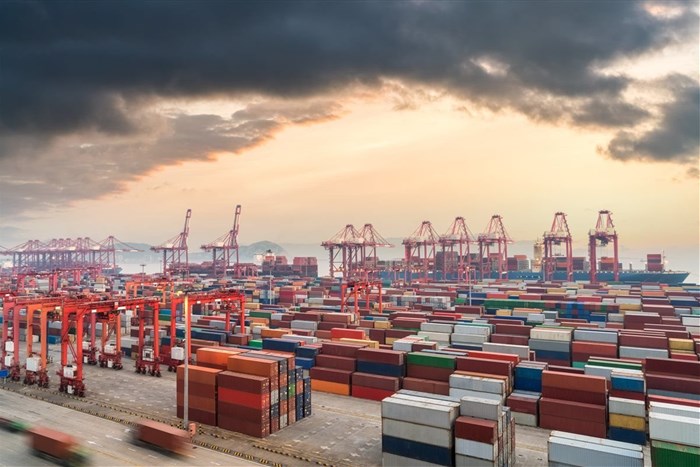#IFPA: SA's logistics crisis takes precedence over energy issues, says SAFFE director

Walwyn scrutinised the significance of Transnet, a state-owned corporation that owns and controls freight rail and ports, stating that the company is the main topic of discussion as “everything you do, involving moving things in and out of the country, involves Transnet at some point.”
This proves to be an issue as the group consists of the railway, the terminal operating company and the port authority, all of which have an impact on the industry and all of which are underperforming.
What are the pressing issues?
According to Walwyn, we are at a point where the logistics crisis takes priority over the energy crisis. Using the railway systems as an example, he stated that if the power stations were repaired by tomorrow, the railways wouldn’t be able to service them.
He went on to say that, due to inefficiencies, the country is estimated to be losing R1bn a day. The railways’ inability to perform, alone, has constrained economic growth by 5.3% (2023). Additionally, the issues found at ports result in R200m direct and indirect losses daily.
Another hindrance Walwyn mentioned was the lack of infrastructure available to support the development of industries, both new and existing, due to Transnet’s restricted budget. This, in turn, is affecting the country’s ability to compete in the logistics industry, Walwyn added. In 2021 and 2022, South Africa’s mineral exports saw a loss of R50bn, with the lack of infrastructure capacity, as well as a lack of capabilities and resources, playing a large role.
The inefficiency at ports is also contributing to the overall problem. Currently, 12 containers are moved per hour in Cape Town. This puts productivity at an all-time low, as the average used to be 25 per hour. Walwyn insisted that this dramatic decrease is not due to an increase in volume, as there hasn’t been an increase since 2014. Instead, the blame can be shifted to the copious amount of downtime that occurs during shift changes, union engagements happening on company time, and designated breaks.
What are the solutions?
Walwyn believes that devising short-term plans will help aid development and lay the ground for long-term initiatives. When considering the long haul, structural reforms seem to be the priority. Walwyn stated that they “will be critical to attract investment and enable competitiveness of the logistics sector.”
Additionally, the government needs to play a part, by encouraging private sector participation and developing a hybrid approach. "The private sector has a key role to play to mobilise funding, provide expertise and collaborate with government to reform the industry.” Walwyn went on to say that these are the types of partnerships that are needed.
Furthermore, the government needs to assist Transnet with its financial restrictions and navigate the complex logistics landscape to enable solution implementation.















